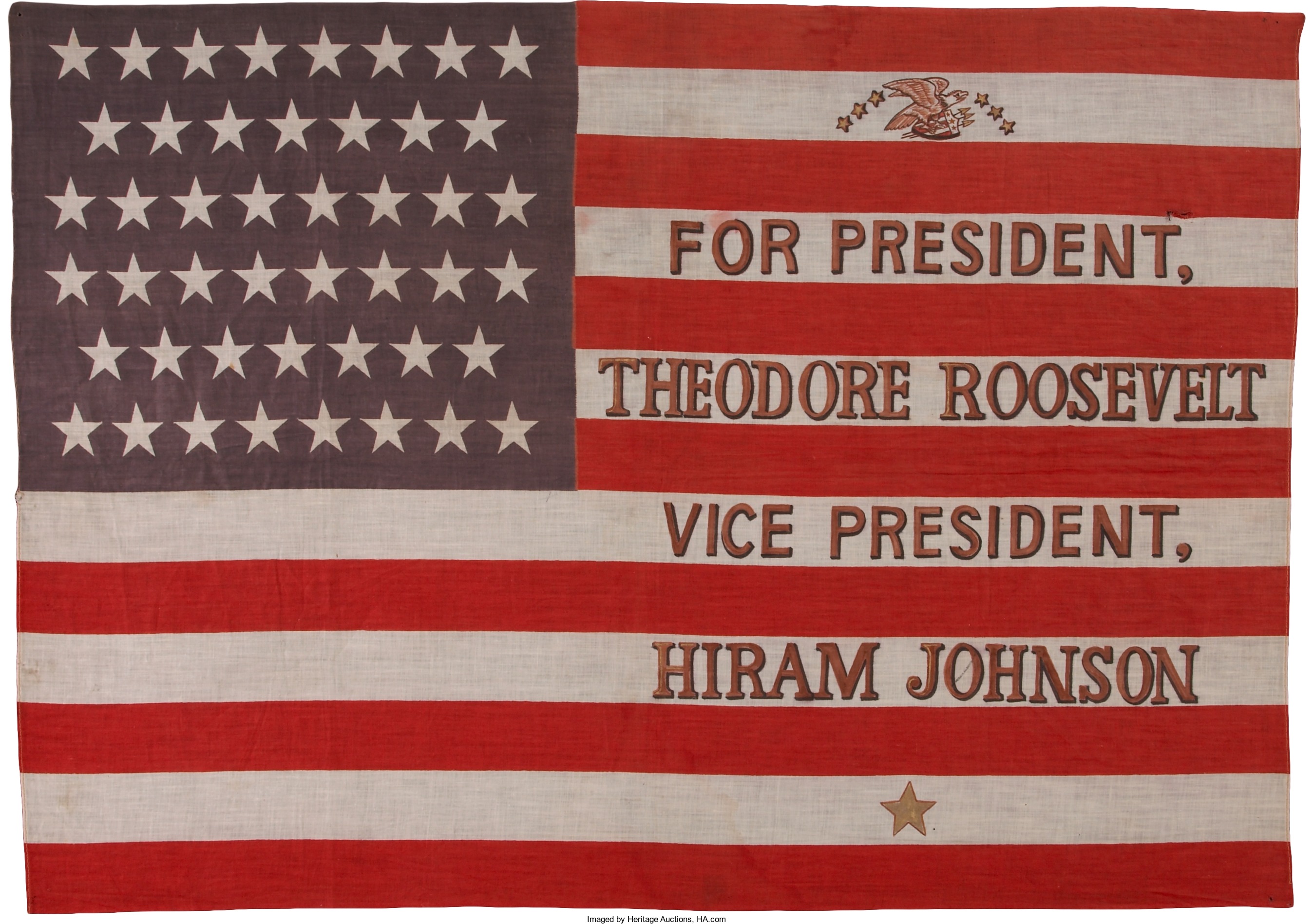
By Jim O’Neal
Former NYC Mayor Michael Bloomberg recently indicated he may once again consider a run for the presidency, presumably as a third-party candidate. He had similar aspirations in both 2008 and 2012, but finally concluded it would be futile.
Most politicos presume this is a low possibility, primarily because historically, third-party aspirants have not fared well at the ballot box. Most believe that the current two-party system is tilted against third parties, unless there are unusual situations.
The most prominent example was over 100 years ago when Teddy Roosevelt broke his promise of “no third term” by declaring he had actually meant “no consecutive three terms.” Once he failed to get the Republican nomination, he broke away and ended up finishing second as a Progressive (Bull Moose) candidate in 1912. This ended up dividing Republican support for President Taft and allowed Woodrow Wilson to capture the presidency in an upset.
A similar situation occurred in 1992 when Ross Perot siphoned off 19 percent of the popular vote and Bill Clinton defeated the incumbent President Bush 41 with 43 percent of the popular vote.
Another example is the Libertarian Party, which fielded their first presidential candidate in 1972. After a convention in Salt Lake City, they chose John Hospers (who was chairman of the Philosophy Department at USC) for president and Theodora “Toni” Nathan for vice president.
Out of 77 million votes cast, they received a grand total of 3,674 official votes.
However, there was one “faithless elector,” Roger MacBride from Virginia, who decided that the Libertarians were more deserving than Nixon/Agnew and cast his vote for them (maybe he knew something?). Regardless, the result was that Hospers became the last third-party candidate to win an electoral vote and Toni Nathan became the first, last and only female to ever win one (as a third-party candidate).
For the record, Strom Thurman snagged 39 electoral votes in 1948 and George Wallace ended up with 46 in 1968. Ross Perot received almost 20 million votes in 1992, but ended up with zero electoral votes.
The “Corrupt Duopoly” that journalist Tom Friedman labels the current political elite has become very effective at limiting third-party efforts to break through. This may be a good thing when compared to the multi-party systems in Europe that require odd coalitions to form governing majorities.
This election year has all the elements to provide a surprise for the first time in many years.
Intelligent Collector blogger JIM O’NEAL is an avid collector and history buff. He is President and CEO of Frito-Lay International [retired] and earlier served as Chairman and CEO of PepsiCo Restaurants International [KFC Pizza Hut and Taco Bell].
